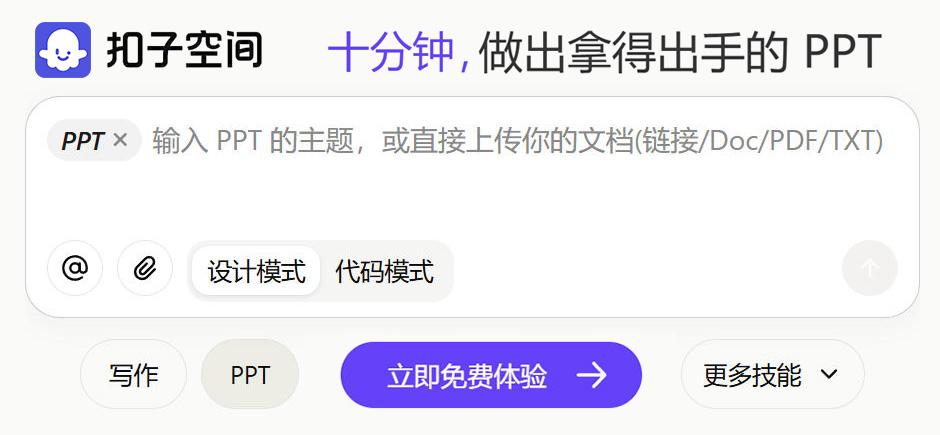Music has always been a reflection of human emotion and creatiViTy. With the rise of artificial intelligence, the way we create and experience music is undergoing a profound transformation. At the heart of this revolution is AI music generation, a field that is reshaping the landscape of music production. This article explores the role of AI in music creation, focusing on prompt engineering—the practice of crafting effective instructions for AI models to generate music.
Understanding AI Music Generation
AI music generation refers to the use of artificial intelligence to create music, often through deep learning models trained on vast datasets of musical compositions. These models can generate melodies, harmonies, rhythms, and even entire songs based on user inputs. The key to successful AI music generation lies in prompt engineering, which involves crafting precise and meaningful instructions to guide the AI’s output.
A well-designed prompt can significantly enhance the quality and relevance of the generated music. For instance, a prompt might specify the genre, tempo, mood, or instrumentation of the song. This ensures that the AI understands what type of music you want to create and produces something that aligns with your vision.
The Role of Prompt Engineering
Prompt engineering is a critical component of AI music generation. It involves not only specifying the desired outcome but also considering the nuances of the music. For example, if you want to create a rock song, your prompt should include details such as:
- Genre: Rock, alternative rock, Metal, or classic rock
- Tempo: Slow, medium, or fast
- Mood: Upbeat, melancholic, or energetic
- Instrumentation: Guitar, drums, bass, or vocals
- Style: Classic rock, modern rock, or a blend of styles
A prompt that is too vague or lacks specific details can lead to inconsistencies in the generated music. Therefore, it is essential to be precise and provide all necessary information to ensure the AI produces a result that meets your expectations.
Key Elements of Effective Prompts
Clarity and Specificity: Clear and specific prompts help the AI understand exactly what you want. Instead of saying “create a song,” specify “create a nostalgic rock song with a slow tempo and a guitar-driven melody.”
Context and Style: Including context and style helps the AI generate music that fits the desired genre and mood. For example, specifying “a rock song from the 1970s” can lead to a more authentic sound.
emotional Tone: The emotional tone of the music is crucial. A prompt like “create an uplifting rock song with a positive and hopeful mood” can guide the AI to produce music that resonates emotionally.
Technical Details: Including technical details such as key signatures, time signatures, and chord progressions can further refine the generated music.
Practical Examples
Let’s consider a few practical examples of how to craft effective prompts for AI music generation:
- Prompt 1: “Create a rock song with a slow tempo, a melancholic mood, and a guitar-driven melody.”
- Prompt 2: “Generate a classic rock track with a tempo of 120 BPM, featuring a piano and acoustic guitar.”
- Prompt 3: “Design a modern rock anthem with a fast tempo, a bold chorus, and a powerful bassline.”
Each of these prompts includes specific details that guide the AI in creating a music piece that aligns with the desired characteristics.
The Future of AI in Music
As AI technology continues to advance, the potential for music creation is expanding exponentially. Artists, producers, and musicians are increASIngly turning to AI tools to enhance their creative process. By mastering prompt engineering, users can unlock new levels of creativity and precision in their music production.
In conclusion, AI music generation is revolutionizing the way we create and experience music. By focusing on prompt engineering and providing clear, specific instructions, users can leverage AI to produce compelling and unique musical works. As we move forward, the integration of AI into music creation will continue to evolve, offering new possibilities and challenges for artists and producers alike.








 津公网安备12011002023007号
津公网安备12011002023007号